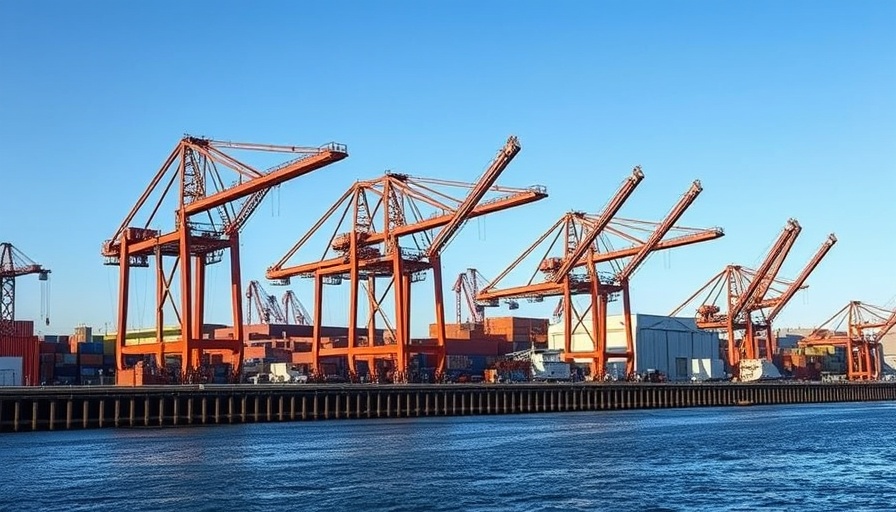
The Impact of Tariffs on Global Economic Growth
The United Nations recently announced a decline in global economic growth projections, attributing this shift to the repercussions of increased U.S. tariffs and ongoing trade tensions. The forecast indicates a growth of only 2.4% this year, down from 2.9% last year, and a further dip to 2.5% next year. This represents a significant downgrade, as initial estimates anticipated stable growth just a few months ago.
How Geopolitical Landscape Affects Economies
U.N. economists have highlighted the influence of the geopolitical landscape on economic stability. As trade conflicts escalate, countries face raised production costs and supply chain disruptions. In this complex scenario, the most affected are often the poorest nations, which have seen their growth forecasts shrink from 4.6% to 4.1%. Such declines equate to billions lost in economic output, exacerbating poverty for millions across the globe.
The U.S. Economy Faces Downward Pressure
The U.S. economy is expected to experience a severe slowdown, with growth projected at just 1.6%—a sharp contrast to 2.8% last year. The tariffs, combined with policy uncertainty, are likely to suppress both private investment and consumer spending. This decline signals concerns about the future of U.S. economic health and underscores the ripple effects felt by other economies.
What This Means for Other Global Markets
China is another key player facing economic challenges. The forecast predicts its growth will taper to 4.6% due to weakened consumer sentiment and manufacturing disruptions. Meanwhile, the European Union's growth remains stagnant at 1%, demonstrating that several major global economies are struggling under mounting trade barriers and decreased demand.
Potential Solutions on the Horizon
Despite these gloomy projections, there is cautious optimism regarding bilateral trade negotiations. The U.N. indicated that reaching agreements could help alleviate some tariff burdens, even if they won't return to pre-Trump levels. Resolving trade uncertainties could usher in a period of renewed economic decision-making by businesses and individuals, which could ultimately stabilize and uplift the global economy.
Conclusion: Understanding Global Economic Dynamics
The U.N.'s latest forecast highlights the intricate interplay between geopolitical actions and economic growth. As nations navigate this turbulent environment, the direct impact on local economies can’t be overlooked. For those tracking these developments, it’s essential to stay informed about how international trade decisions can shape your local economy. Engaging in discussions and advocating for fair trade practices might just be the key to fostering stability in uncertain times.
 Add Row
Add Row  Add
Add 




 Add Row
Add Row  Add
Add 

Write A Comment